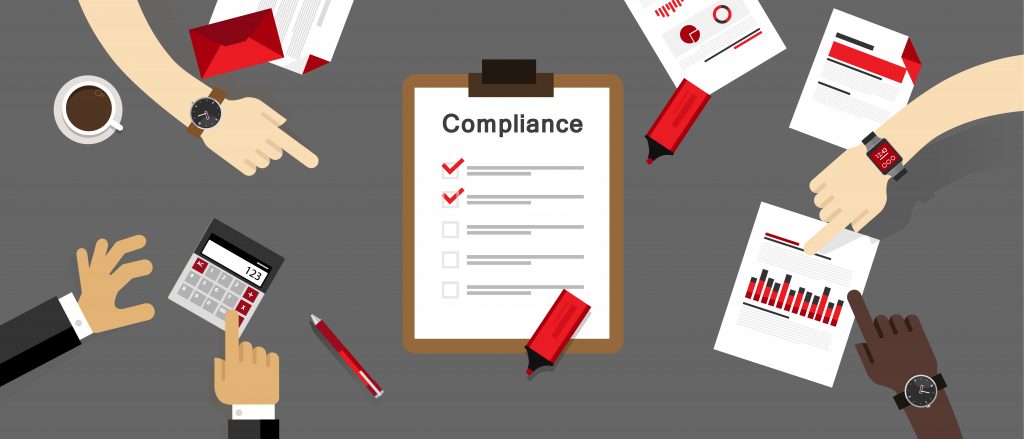VAT Inspections: a survival guide
What to do when the VAT man (or woman!) comes to call
Why me?
Clients often view a VAT inspection as something to be dreaded or, with a bit of luck, avoided.
With the right preparation, however, a routine inspection should be nothing to fear and can even be a positive experience.
Trust me – I used to be a VAT inspector!
I am often asked why I think a business has been selected for a visit at a particular time. Sometimes this will be obvious – changes in trading patterns, late or missing returns or unusually large input VAT claims may all trigger an inspection. Some business sectors also receive additional scrutiny because they are unusually complex or operate in perceived risk areas.
Often, however, there is no specific reason for a visit – it may simply be a routine part of HMRC’s approach to ensuring compliance and does not imply that the business has done anything wrong.
Preparation, preparation, preparation
Clients often ask me to support them when they receive notice of HMRC’s intention to carry out an inspection (normally termed a ‘routine compliance check’).
This is fine – but, if you can, it is much better to seek help and advice before a visit is announced.
That way, if there are any issues that need to be addressed (for example, errors that need to be disclosed to HMRC) it should be possible to resolve these with the minimum of fuss and to mitigate (or event prevent) the imposition of penalties.
In advance of any visit, you should, at a minimum, ensure that all returns and payments are up to date and that any known VAT issues have been flagged and dealt with.
The benefits of a VAT healthcheck
Engaging a specialist to carry out a VAT healthcheck can be an extremely valuable exercise.
The obvious benefit is increased peace of mind. The advantage of being able to face a VAT inspection, without fear, secure in the knowledge that you will be able to respond to HMRC’s questions easily and confidently, should not be underestimated.
Who should be there on the day?
On the day of the visit, it is important to ensure that there is someone in attendance who can answer general questions about the business structure and operations, as well as someone who knows their way around the accounting system and compilation of the VAT returns. As a business grows, this may not be the same person!
You might also wish to consider the value of having your external accountant or a specialist VAT adviser in attendance on the day. This can often prevent misunderstandings and confusion in discussions between business owner and VAT inspector.
What information will we need to produce?
HMRC’s letter notifying their intention to visit will usually specify what periods they intend to look at and what records they will require. If you are in any doubt about the scope of the visit, it is worth clarifying this with the HMRC officer in advance.
It’s also a good idea to consider any additional information that might be useful to them.
I recently attended a VAT inspection at a client where the VAT liability of the products and services they supply is complex and sometimes difficult to establish. The client had invested in appropriate training for its staff and had followed this up with a VAT Manual which team members are required to use as a reference point. We were able to show this to the visiting officer who was then in a position to conclude the visit quickly and with the minimum of fuss.
Any other tips?
Once you have done the preparation and the day of the visit arrives, remember my “5Cs”:
- Calm
Try to keep emotions in check and maintain a professional atmosphere throughout the visit. Treat the officer with courtesy and make sure they have a comfortable space to work in.
- Clear
Approach the visit in an orderly fashion and make sure that your records are presented in a clear and tidy manner.
- Conscientious
Provide full details of your returns and workings along with other relevant material. Check with your adviser in advance if you are unsure about what information to have on hand.
- Constructive
Take a helpful and positive approach to the visit. Let the officer know you welcome the opportunity to engage with them and prepare some questions to ask them.
- Controlled
Stay in control. If there are questions you are unsure how to answer, it’s perfectly ok (indeed preferable!) not to give an ‘off the cuff’ answer. Explain to HMRC that you want to give the matter proper attention, ask them to put their questions in writing and request a reasonable timeframe in which to respond.
And finally…
As Nick Ross used to say, “Don’t have nightmares, do sleep well.” If you are properly prepared for the arrival of “the VAT man” there should be nothing to fear.
Rhona Graham CTA (Fellow)
Director
Veritas VAT Consultants Ltd
Web: https://www.veritasvat.co.uk/
Linkedin: https://www.linkedin.com/in/rhonagrahamvat/
Twitter: @VATmatters



